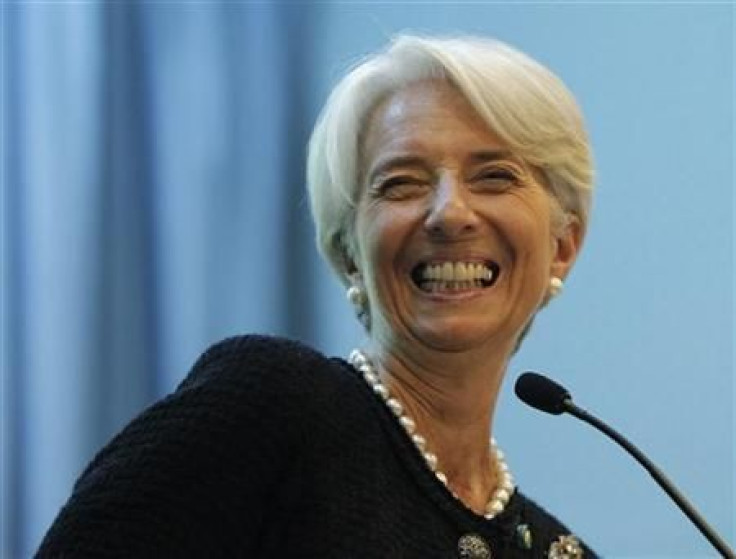Government Bailout Hopes Revive Global Markets Again

Hopes of government-sponsored bailouts rescued global markets once again this week, sending equities higher worldwide on Friday.
In Asia, the Shanghai Stock Exchange Composite Index rose 1.19 percent to close at a one-month high. European stocks also fared well, as the Germany DAX index rose 1.18 percent. In the U.S., the sentiment was more muted, with the benchmark S&P 500 closing with a gain of 0.12 percent.
The China Securities Journal quoted a central-bank official as saying that the bank will inject more liquidity into the Chinese financial system through open-market operations and the reduction of bank reserve requirement ratios, reported China Daily, a media outlet affiliated with the country's government.
The euro zone received a bit of a reprieve this week as the International Monetary Fund will likely secure more than $400 billion in additional funds to bolster its ability to backstop the euro-zone sovereign-debt crisis.
Even the Bank of Japan looks poised to take more monetary stimulus actions in the near future.
U.S. officials have not hinted at any further stimulus measures. However, if the country's labor market begins to deteriorate again -- as the unemployment-claims data over the past two weeks appeared to suggest -- stimulus talks will likely heat up again.
The market behavior so far this year, as in 2011 and 2010, portrays a global financial system and economy highly dependent on government stimulus.
Since the onset of the financial crisis, any sign that the Fed may back off from quantitative-easing stimulus has been poison for the markets, which have been struggling as of late, noted Jeff Cox, a senior writer at CNBC.
Over in Europe, the boost from the European Central Bank's latest large-scale liquidity injections -- the long-term refinancing operations conducted in February and December for more than €1 trillion -- seems to be wearing off already as yields on Spain's 10-year yields moved above 6 percent this week.
In any market analysis of the stress in Europe and employment issues in the U.S., every conversation comes back to when will central bankers act, said Peter Boockvar, equity strategist at Miller Tabak, an institutional trading firm.
© Copyright IBTimes 2024. All rights reserved.











